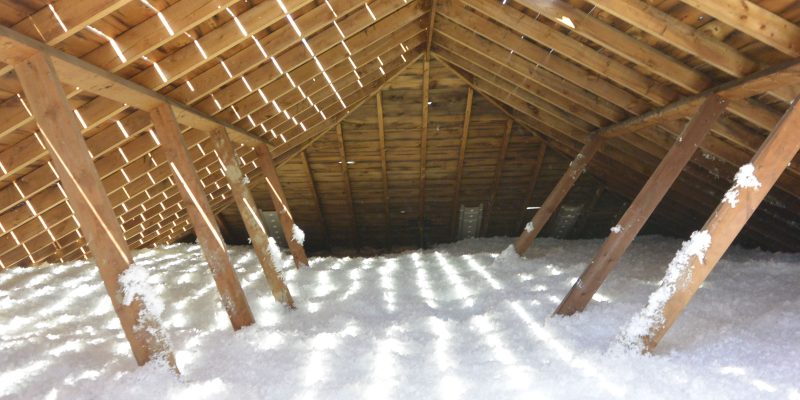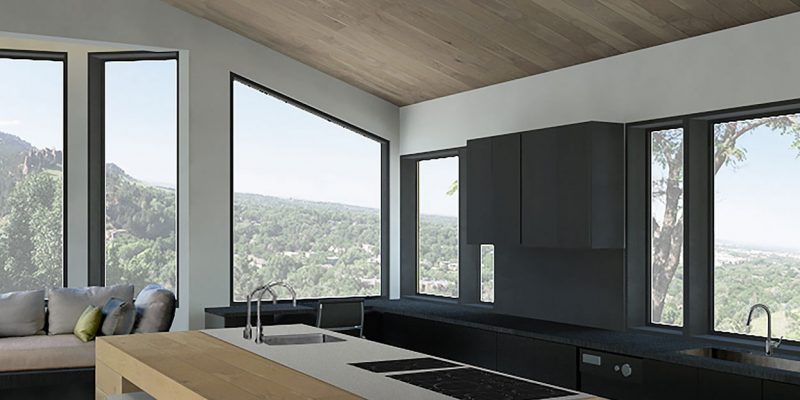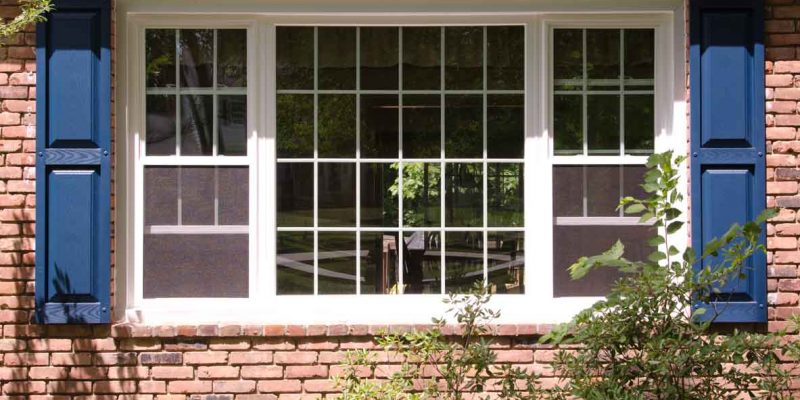When it comes to maintaining a comfortable and energy-efficient home, proper insulation plays a crucial role. In Des Moines, IA, homeowners are increasingly recognizing the importance of quality insulation services. A reliable home insulation company can help improve energy efficiency, reduce utility bills, and enhance overall comfort. This article explores the various aspects of home insulation, the benefits of hiring a professional company, and what to consider when selecting an insulation contractor in Des Moines.
Understanding Home Insulation
Home insulation serves as a barrier against heat loss in the winter and heat gain in the summer. It is essential for maintaining a stable indoor temperature, which contributes not only to comfort but also to energy efficiency. There are various types of insulation materials available, each with its unique properties and applications.
Types of Insulation Materials
There are several common types of insulation materials used in residential settings. Some of the most popular include:
- Fiberglass Insulation: This is one of the most widely used insulation materials, known for its affordability and effectiveness. It comes in batts, rolls, or loose-fill forms.
- Foam Board Insulation: Rigid foam boards provide excellent thermal resistance and are often used in walls, roofs, and foundations.
- Spray Foam Insulation: This type expands on application, filling gaps and cracks. It offers superior air sealing and is ideal for irregular spaces.
Choosing the right insulation material depends on various factors, including the area of application, budget, and specific energy efficiency goals. For instance, fiberglass insulation is often favored for its cost-effectiveness, while spray foam may be selected for its superior sealing capabilities in hard-to-reach areas. Additionally, local climate conditions can influence material choice; for example, homes in colder regions may benefit more from thicker insulation layers to combat extreme temperatures.
Benefits of Proper Insulation
Investing in quality insulation offers numerous benefits:
- Energy Efficiency: Proper insulation reduces the need for heating and cooling systems to work harder, leading to lower energy bills.
- Comfort: Insulation helps maintain a consistent indoor temperature, making homes more comfortable year-round.
- Noise Reduction: Insulation can also act as a sound barrier, minimizing noise from outside and between rooms.
Moreover, effective insulation contributes to a home’s overall sustainability. By reducing energy consumption, homeowners can decrease their carbon footprint, making a positive impact on the environment. Additionally, many insulation materials are now produced with eco-friendly practices, further enhancing their appeal to environmentally conscious consumers. This growing trend towards sustainable building practices is not just a passing phase; it reflects a broader shift in how we view our homes and their impact on the planet.
Why Hire a Professional Insulation Company?
While some homeowners may consider DIY insulation projects, hiring a professional insulation company is often a more effective and safer option. Professionals bring expertise and experience that can make a significant difference in the quality of the installation.
Expertise and Knowledge
Professional insulation contractors are well-versed in the latest insulation techniques and materials. They can assess a home’s specific needs and recommend the most suitable solutions. This expertise ensures that the installation is done correctly and meets local building codes. Furthermore, professionals stay updated on industry advancements, which means they can offer innovative solutions that may not be readily available to the average homeowner. For instance, they might suggest high-performance insulation products that improve energy efficiency and reduce heating and cooling costs over time.
Quality Assurance
Reputable insulation companies often provide warranties on their work, giving homeowners peace of mind. If any issues arise after installation, a professional company will typically address them without additional costs. This level of assurance is hard to achieve with DIY projects. Additionally, many professional insulation contractors are certified and insured, which protects homeowners from potential liabilities during the installation process. This certification often requires ongoing education and training, ensuring that the contractors are knowledgeable about the best practices in the industry.
Time and Efficiency
Insulating a home can be a time-consuming process, especially for those without experience. Professional insulation companies have the tools and manpower to complete the job efficiently, minimizing disruption to the homeowner’s daily routine. In many cases, they can complete the installation in a fraction of the time it would take an untrained individual. Moreover, professionals can identify and address any underlying issues, such as moisture problems or air leaks, that could compromise the effectiveness of the insulation. By tackling these issues upfront, they help ensure that the insulation performs optimally, providing long-term benefits for the homeowner.
Safety Considerations
Insulation installation can involve working in confined spaces, handling heavy materials, and using specialized equipment, all of which can pose safety risks. Professional insulation contractors are trained to navigate these challenges safely. They are equipped with the necessary safety gear and follow strict safety protocols to protect themselves and the homeowners. Additionally, they are knowledgeable about the potential hazards associated with certain insulation materials, such as fiberglass or spray foam, and can take appropriate measures to mitigate risks. This focus on safety not only protects the workers but also ensures that the installation process does not inadvertently cause damage to the home or create health risks for the occupants.
Selecting the Right Insulation Contractor in Des Moines
Choosing the right insulation company is crucial for ensuring a successful project. Here are some key factors to consider when making this important decision:
Research and Reviews
Start by researching local insulation companies in Des Moines. Look for online reviews and testimonials from previous clients. Websites like Google, Yelp, and Angie’s List can provide valuable insights into the quality of service offered by different contractors.
Licensing and Insurance
Ensure that the insulation company you choose is properly licensed and insured. This protects you from liability in case of accidents during the installation process. A reputable company will be happy to provide proof of their licensing and insurance.
Estimates and Pricing
Obtain estimates from multiple contractors before making a decision. This will give you a better understanding of the average cost of insulation services in your area. Be wary of prices that seem too low, as they may indicate subpar materials or workmanship.
Common Insulation Issues and Solutions
Even with quality insulation, homeowners may encounter issues over time. Understanding these common problems and their solutions can help maintain the efficiency of a home’s insulation.
Moisture Problems
Moisture can compromise insulation effectiveness and lead to mold growth. If homeowners notice signs of moisture, such as damp spots or mold, it’s essential to address the issue promptly. Professional insulation companies can assess the situation and recommend solutions, such as improving ventilation or replacing damaged insulation.
Settling and Compression
Over time, some insulation materials may settle or compress, reducing their effectiveness. Regular inspections can help identify these issues early. If settling is detected, homeowners should consult with a professional to determine whether re-insulation or additional material is needed.
Pest Infestations
Insulation can sometimes attract pests, especially if it is made from organic materials. Homeowners should be vigilant for signs of pest infestations, such as droppings or nests. If pests are detected, it’s crucial to address the issue before replacing or adding insulation.
Conclusion
In conclusion, proper insulation is vital for maintaining a comfortable and energy-efficient home in Des Moines, IA. By understanding the types of insulation available, the benefits of professional installation, and how to choose the right contractor, homeowners can make informed decisions that enhance their living spaces. Investing in quality insulation not only contributes to energy savings but also improves overall home comfort and value.
For those considering insulation projects, reaching out to a local, reputable home insulation company can be the first step towards a more energy-efficient and comfortable home. With the right expertise and materials, homeowners can enjoy the benefits of a well-insulated space for years to come.
Ready to elevate the comfort and efficiency of your Des Moines home? L & L Home Solutions is at your service. With our advanced infrared imaging technology, we pinpoint the areas in your home that need attention, ensuring that our insulation solutions—be it fiberglass, cellulose, or spray-foam—are tailored to your specific needs. Plus, with potential Iowa Home Energy Rebates, you could save up to 70% on your project. Don’t forget to ask about our energy-efficient replacement window options to further enhance your home’s performance. Take the first step towards a cozier, more energy-efficient home today. Get A Quote and let L & L Home Solutions transform your living space.



